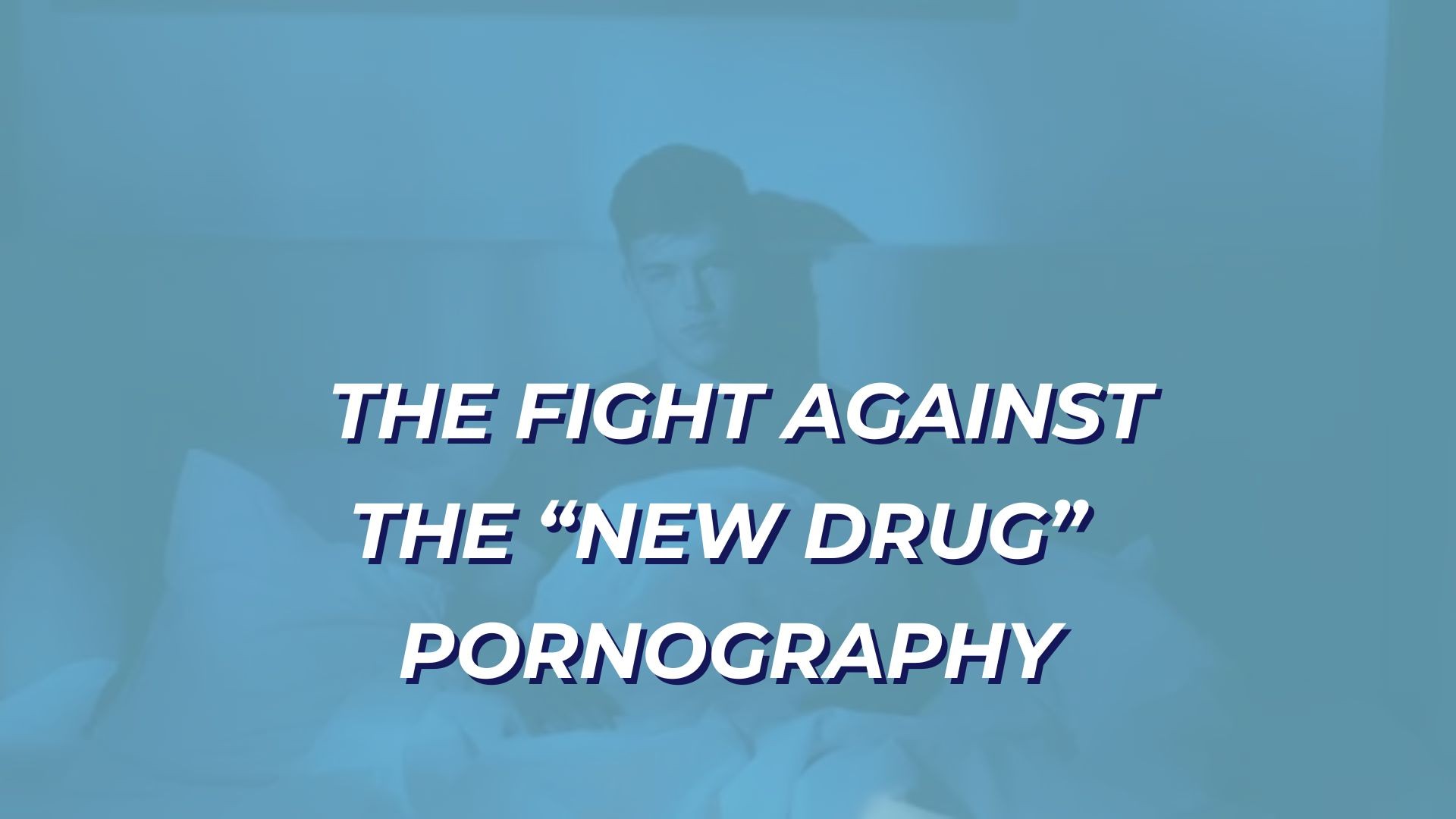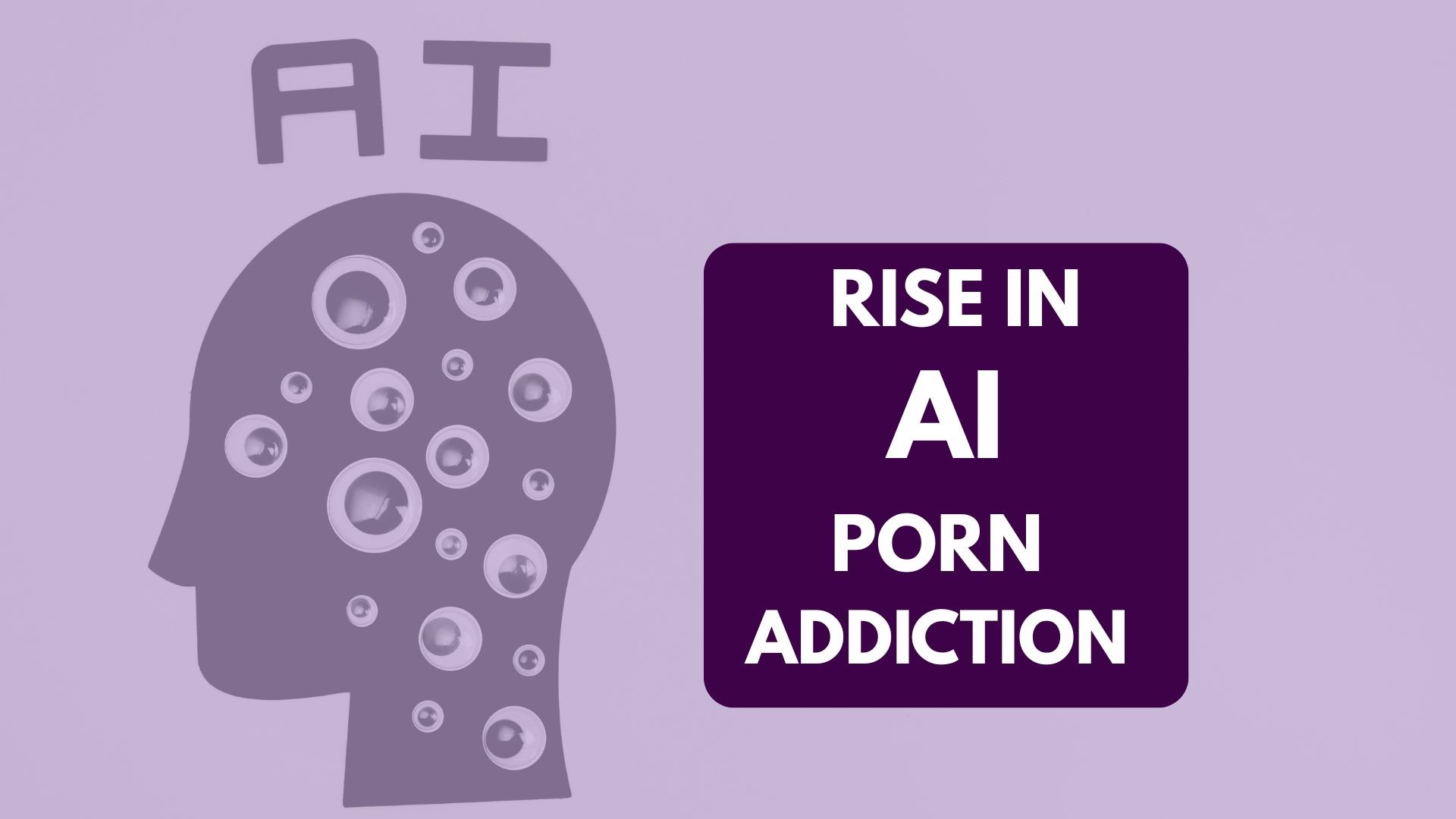Resources for Overcoming Porn Addiction
Published:
Apr 15, 2024

Porn addiction is a growing concern, affecting millions worldwide. With the prevalence of smartphones and the constant connectivity of the modern age, it is easier than ever to access pornography. With that access comes a rise of addiction. A study showed that about 11% of men and 3% of women had some form of agreement with the statement “I am addicted to pornography.” This addiction can have a significant negative impact on relationships, work, and mental health.
The good news is there's help available. There are numerous resources available for those who have porn addiction.
Therapy
A licensed therapist may offer the most effective means of overcoming a porn addiction. Often, therapists will employ cognitive behavioral therapy, CBT. CBT is a form of therapy proven effective in treating addiction. A therapist can help you identify negative thought patterns and develop coping mechanisms to resist porn use.
Online Support Groups and Resources
Perhaps one of the most common means of searching for help is to look online. These online communities provide anonymity as well as support.
Communities: Platforms like Reboot Nation and NoFap offer forums, articles, and accountability tools to connect with others on a similar path.
Support Groups: Organizations like Sex Addicts Anonymous (SAA) and Porn Addicts Anonymous (PAA) provide a safe space to share experiences and gain support from peers in recovery. You can find local chapters or online meetings through their websites.
Hotlines: The Substance Abuse and Mental Health Services Administration (SAMHSA) National Helpline offers free and confidential information on treatment options.
Incorporating Mindfulness and Meditation
Beyond searching for an online community, you may wish to work on their addiction alone. Mindfulness practices can help you become more aware of triggers and cravings associated with porn use. Meditation apps like Headspace and Calm offer guided exercises to cultivate present-moment awareness and manage compulsive urges.
Videos
There are a wealth of self help videos out there that can provide guidance. Youtube can be a great resource for finding help. YouTube channels like Fight the New Drug and Your Brain on Porn offer educational content on the science behind porn addiction and recovery strategies.
Podcasts
Podcasts offer a unique blend of storytelling, expert advice, and personal anecdotes, making them a valuable resource for those navigating the complexities of addiction. Whether you're looking for practical strategies to curb cravings, insights into the science behind addiction, or simply seeking reassurance and understanding, there's a podcast out there to meet your needs. Podcasts like The Porn Free Radio Show provide interviews with experts and personal stories from those in recovery.
Books
For those that enjoy longer reads and diving deeper into the topic, "Your Brain on Porn" by Gary Wilson explores the neurological effects of porn use and offers a roadmap to recovery.
Healthy Habits
Regular Exercise: Physical activity has been shown to release endorphins, which are natural mood lifters. Engaging in regular exercise can help reduce stress and anxiety, common triggers for addictive behaviors. Additionally, exercise can provide a healthy outlet for pent-up energy and frustration, redirecting focus away from addictive behaviors.
Proper Nutrition: Eating a balanced diet rich in fruits, vegetables, lean proteins, and whole grains can contribute to overall physical and mental well-being. Nutrient-dense foods provide the body with essential vitamins and minerals that support brain function and mood regulation. Avoiding excessive consumption of sugary and processed foods can help stabilize energy levels and reduce cravings.
Adequate Sleep: Prioritizing quality sleep is crucial for mental and emotional health. Sleep deprivation can impair cognitive function, weaken self-control, and exacerbate cravings. Establishing a consistent sleep schedule and creating a relaxing bedtime routine can improve sleep quality. Avoiding screens (e.g., smartphones, computers) before bedtime and creating a comfortable sleep environment can also promote better sleep hygiene.
Filtering Software
Block Access to Pornographic Content: Filtering software allows individuals to restrict access to websites and online content that may trigger addictive behaviors. These tools typically use databases of known adult websites and keywords to block or filter out explicit material. By installing filtering software on devices, individuals can create a safer online environment and reduce the likelihood of relapse.
Provide Accountability: Some filtering software includes features that track and report internet usage, providing accountability to the user and their support network. These reports can help individuals monitor their online activity and identify patterns or triggers for addictive behaviors. Knowing that internet usage is being monitored can also serve as a deterrent for engaging in problematic behaviors.
Customizable Settings: Many filtering software options offer customizable settings, allowing users to tailor their internet restrictions based on their specific needs and preferences. Users can adjust filter sensitivity, block or allow specific websites, and set time restrictions to limit online access during certain hours of the day. This flexibility allows individuals to personalize their internet safety measures according to their recovery goals.
Support for Families: Filtering software can be particularly beneficial for families with children or adolescents who may be vulnerable to exposure to pornographic content online. By implementing filtering software across household devices, parents can create a safer online environment for their children and mitigate the risks associated with early exposure to explicit material.
Overall, filtering software serves as a valuable tool in addiction recovery by providing an additional layer of support and protection in the digital age. By combining filtering software with other therapeutic approaches and healthy habits, individuals can enhance their resilience and increase their chances of long-term recovery from porn addiction.
Finding Help
Recovery from porn addiction is not a linear path with a clear endpoint. It's essential to recognize that meaningful change takes time, effort, and a great deal of self-compassion. Be patient with yourself as you navigate this journey, and remember that it's okay to stumble along the way.
Don't hesitate to reach out for help and support along the way. Whether it's through therapy, support groups, or trusted friends and family members, connecting with others who understand your struggles can provide invaluable encouragement and guidance. You don't have to face this challenge alone.
Utilize the resources available to you to find the support you need. Explore different therapy options, join online forums or support groups, read books and articles on addiction recovery, and consider incorporating healthy habits and tools like filtering software into your daily life. Remember, there is no one-size-fits-all approach to recovery, so don't be afraid to experiment and find what works best for you.

